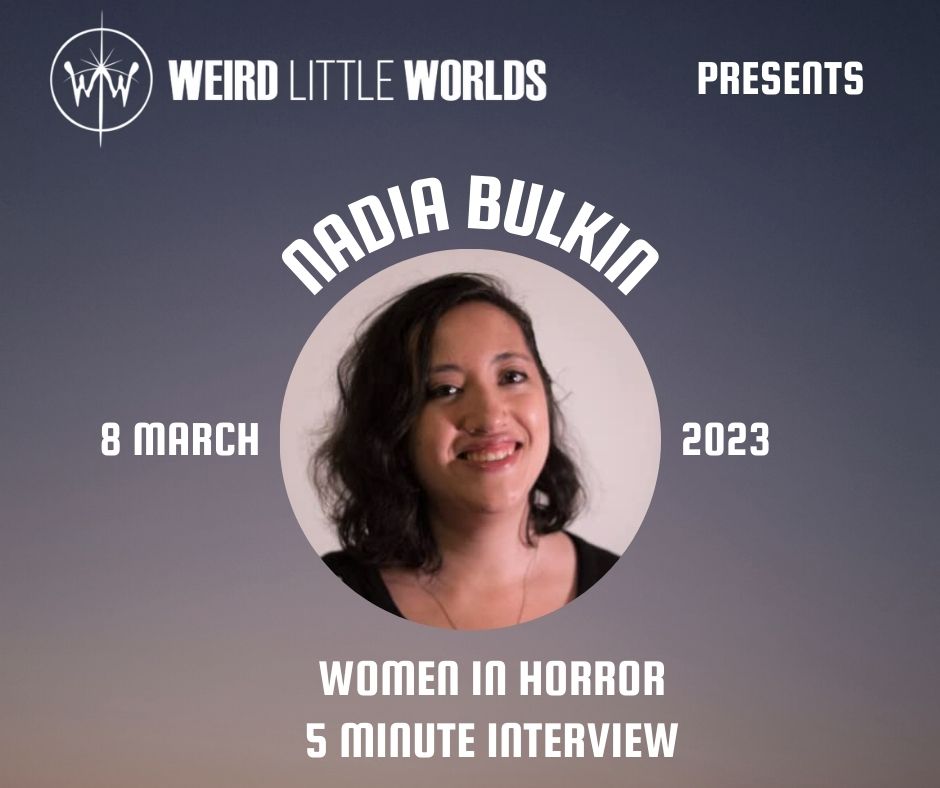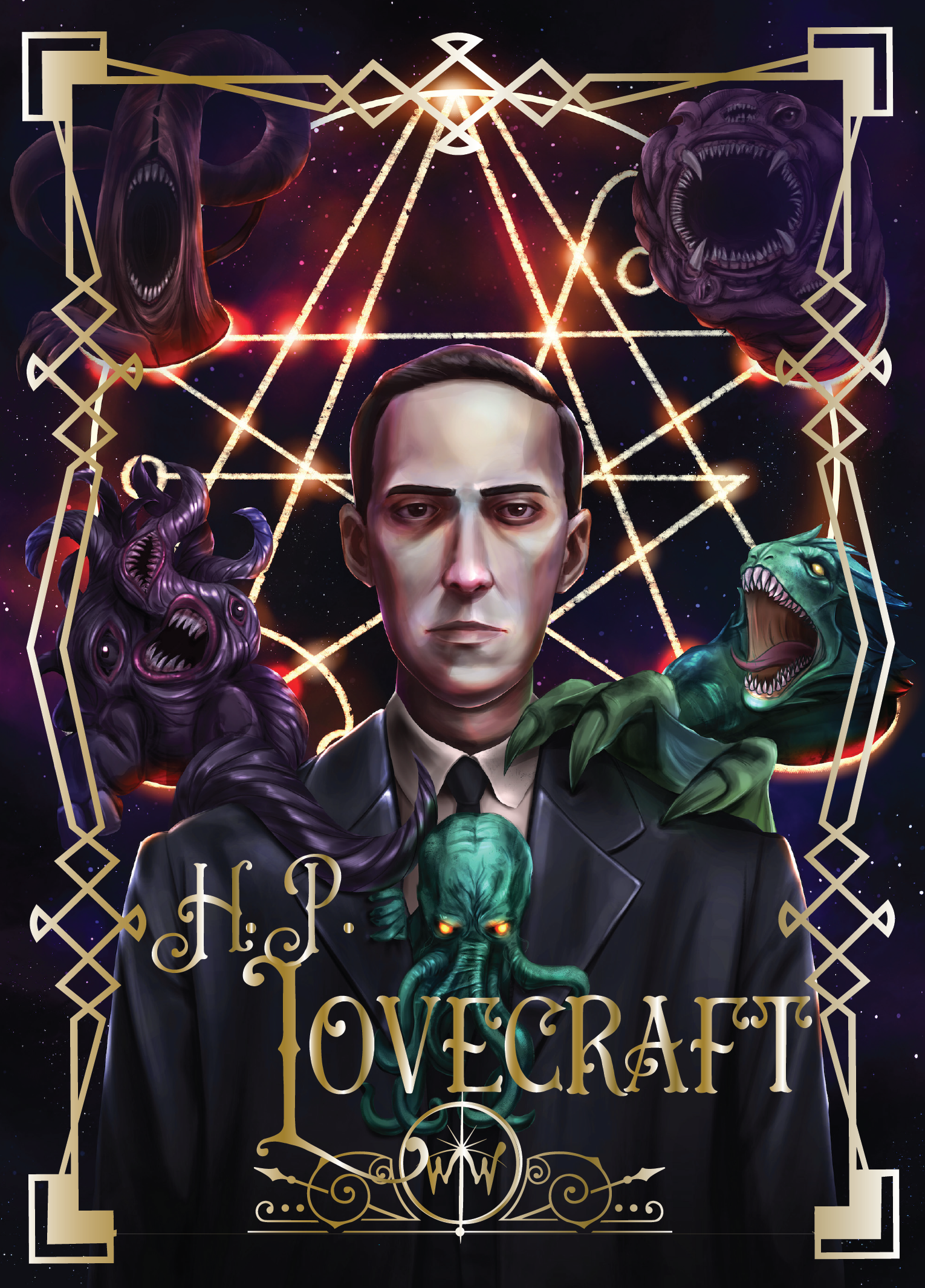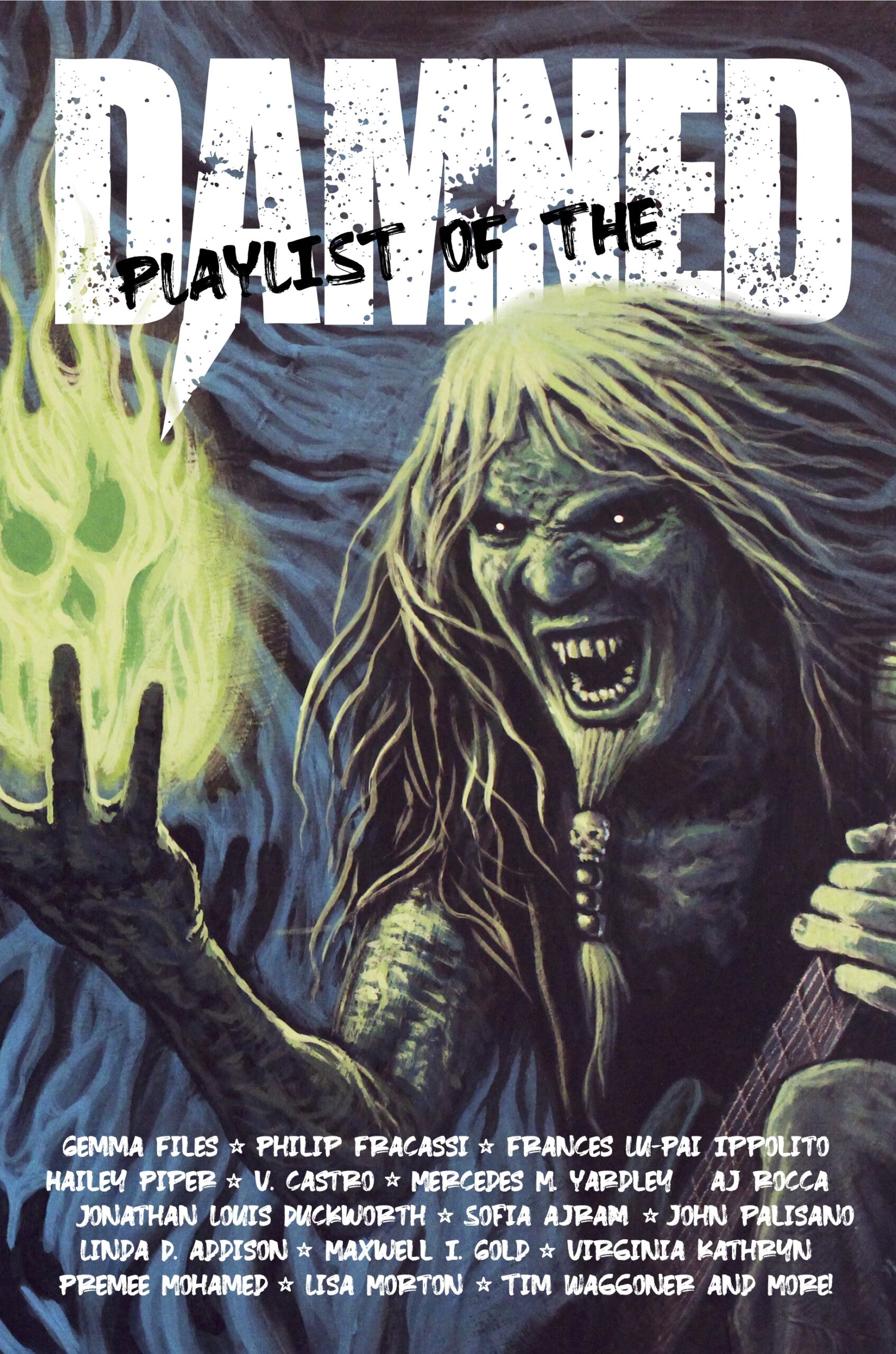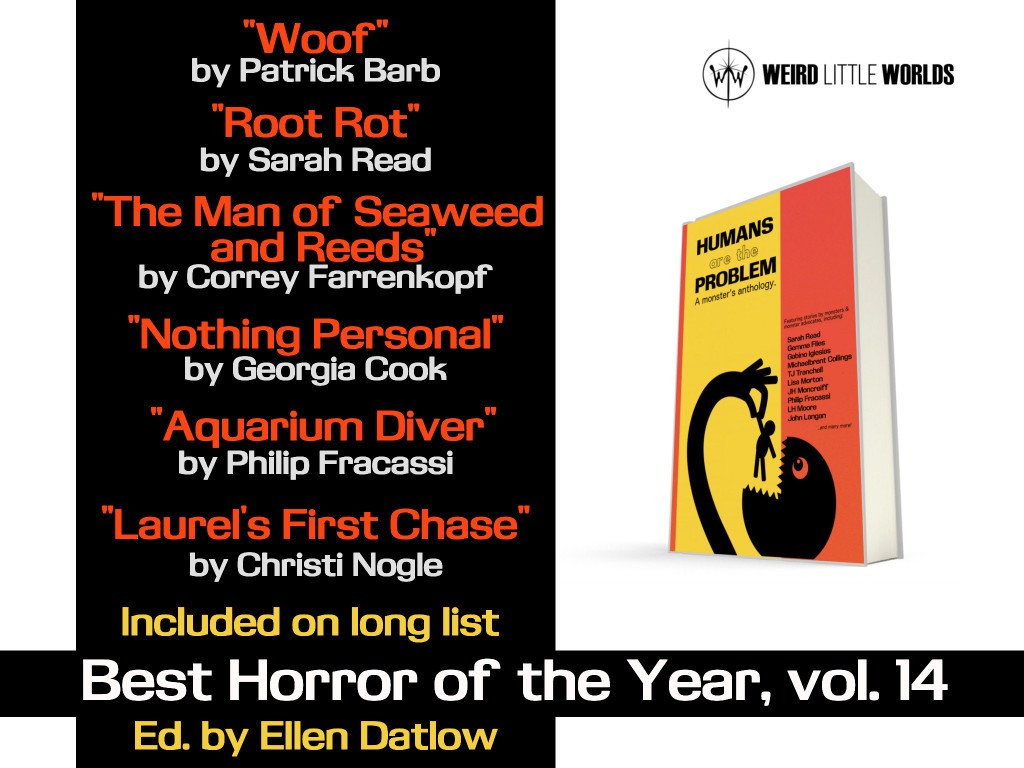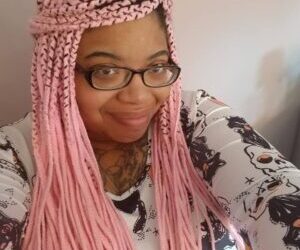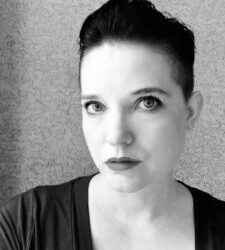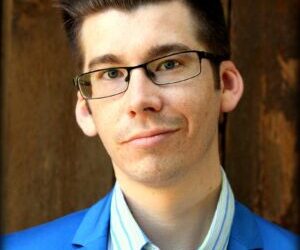***
Q: You were born in Indonesia to a half-Javanese, half-American family. Are there any cultural traditions that inform your work?
A: I’m not sure how much of it’s a cultural tradition, but as I’ve gotten older I’ve realized how much the plotting decisions I make are shaped by what I’ll call the Javanese tendency toward bargaining and negotiation, even in situations of extreme power imbalance. My personal theory is that this stems from the colonial/post-colonial experience and the drive to survive by any means necessary. I would have gotten that from my upbringing in Jakarta; I don’t know that I’m informed by any cultural traditions of the American Midwest, but maybe I’ll figure that out later!
Q: In addition to be an award-worthy author, you have a job as a political consultant in Washington D.C. How do you make time for writing?
A: With great difficulty, and I don’t even have children, just a day job. I’m not somebody who does well with the “just sit down and hammer it out” school of writing advice, and I don’t write fast enough to have the time for multiple drafts. So I try to jot down sentences and phrases in my phone whenever they come to me and I have a spare moment – like when I’m sitting on the train – and then work those into the document on evenings and weekends.
Q: You’ve self-identified that you are a sociopolitical horror writer. What do you feel your responsibility is as a writer to impact social change?
A: I think it’s to tell the truth by portraying a perspective that may not be well-represented, because it’s held by people that are either invisible or disempowered. But my main objective in writing with a sociopolitical lens isn’t necessarily to impact social change (because honestly, that’s a big, complicated goal that is sometimes beyond whole organizations and movements) – it’s just to show how social structures impact choices and outcomes.
Q: In other articles, you have mentioned your move to the United States and its close proximity to your father’s passing as big influences on your early work. What is the role of grief in your writing?
A: For maybe the first decade that I was writing professionally, it was the predominant theme in my work due to unresolved trauma from my father’s death. I don’t think I’m working through the emotions around that loss in the same way anymore, though I still generally write main characters with single parents. And I think that’s what “healing” looks like for a lot of people – no longer defined by this huge wound, but permanently reshaped by the experience.
Q: As you have healed, has your writing changed, and how?
A: This is still in progress, but what I can say at this point is that I think I’m more interested in deep character development and the progression of various emotional states than I used to be. I think my earlier protagonists had a tougher, stonier stance toward the world. What I’ve found myself having to balance, though, is the fact that my basic view of the world writ large hasn’t softened.
Q: If there was an arcane ritual that would cause you to appear, what would it be?
A: Probably the Midnight Game (which is internet-arcane).
Q: What is the best investment you’ve ever made with regard to your writing?
A: If we’re talking financial investment, probably a professional Dropbox account so I no longer need to worry about forgetting to save and losing my work. I’m not the most organized writer and I had a lot of scary close calls when I was a teenager.
Q: What is your all-time favorite piece of horror fiction, both movie and book?
A: Favorite horror novel is Shirley Jackson’s The Haunting of Hill House (the classic). Favorite horror movie is a much harder question, but I’ll refer back to my Letterboxd Top 16 and say Mulholland Drive, which some may not feel is a horror movie (but they would be wrong).
Q: You have said that you like propaganda art and collect a bit. What is your favorite piece and why?
A: I’m not sure if this one qualifies – it’s more of an event poster – but my favorite is the 1933 Chicago World’s Fair poster. I like the art deco aesthetic, and I think it’s interesting to look back at what previous generations considered to be the promise of the future. Like a glimpse into an alternative timeline.
Q: What will you be creating next?
A: I’m working on a longer work (Novella? Novel? Not sure yet) about a therapist, her patients, and a haunted house. I’m also trying my hand at editing a haunted house anthology this year!

The Weird Team is comprised of several unhinged individuals that have a love of life and a lust for adventure. They scour the world to find the strangest, scariest, and most wonderful news in the universe.

